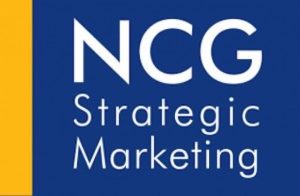There are many critical – and often misunderstood – ethical considerations relating to attorneys and their use of social media.
Lawyers throughout the country continue to provide us with many examples of how not to act on social media. Their stories, disciplinary hearings, and resulting news coverage are a strong reminder that what gets posted on the Web in an impulsive act can have significant and long-lasting ramifications in the real-world.
On December 9, 2013, Phil Nugent, J.D., M.B.A., managing director of NCG Strategic Marketing, presented “Lawyers, Ethics and Social Media: Sense and Sensibility for 21st Century Attorneys” at CLE International‘s 18th Annual Ethics Conference in Denver.
In addition to reviewing the many ethical minefields that lawyers can stumble upon through their improper use of social media, the presentation also addressed best practices for lawyers to follow in order to stay out of disciplinary trouble.
As Nugent explained, a fair number of ethical breaches involving social media occur when lawyers act as if well-known ethical rules do not apply to their activities on the Web. These, of course, are the easiest problems to avoid.
However, there are other ethical issues where the rules are less clear, often because there’s no case law in the attorney’s state, the state’s bar has not weighed in with a formal opinion, and there are conflicts among the rulings and opinions in other states. It is to these issues in particular that attorneys must pay close attention, because simply following one’s intuition as to what is ethical may not be sufficient to keep a lawyer out of a disciplinary hearing.


